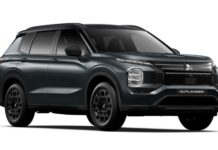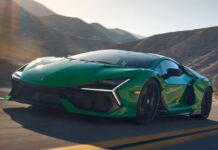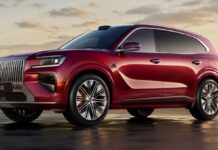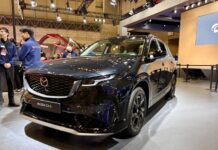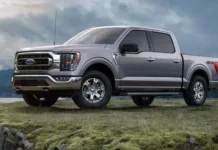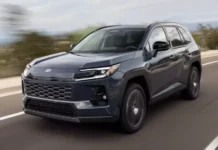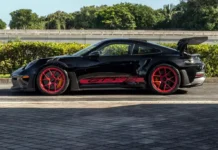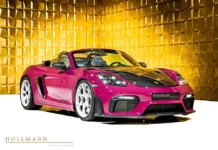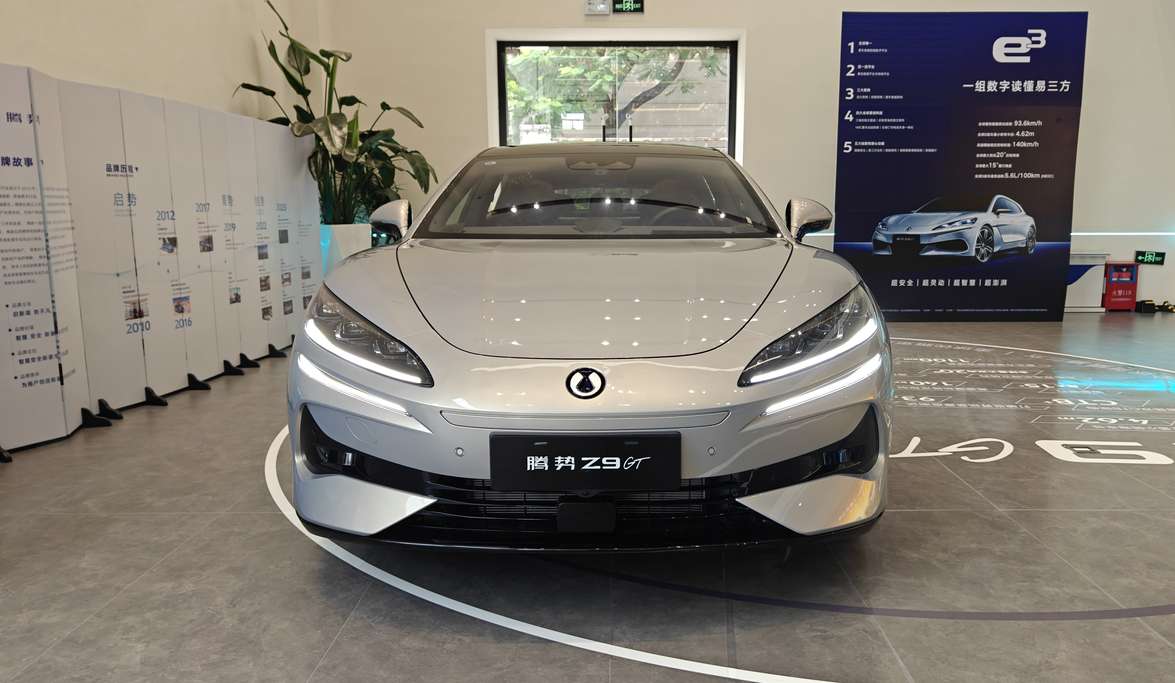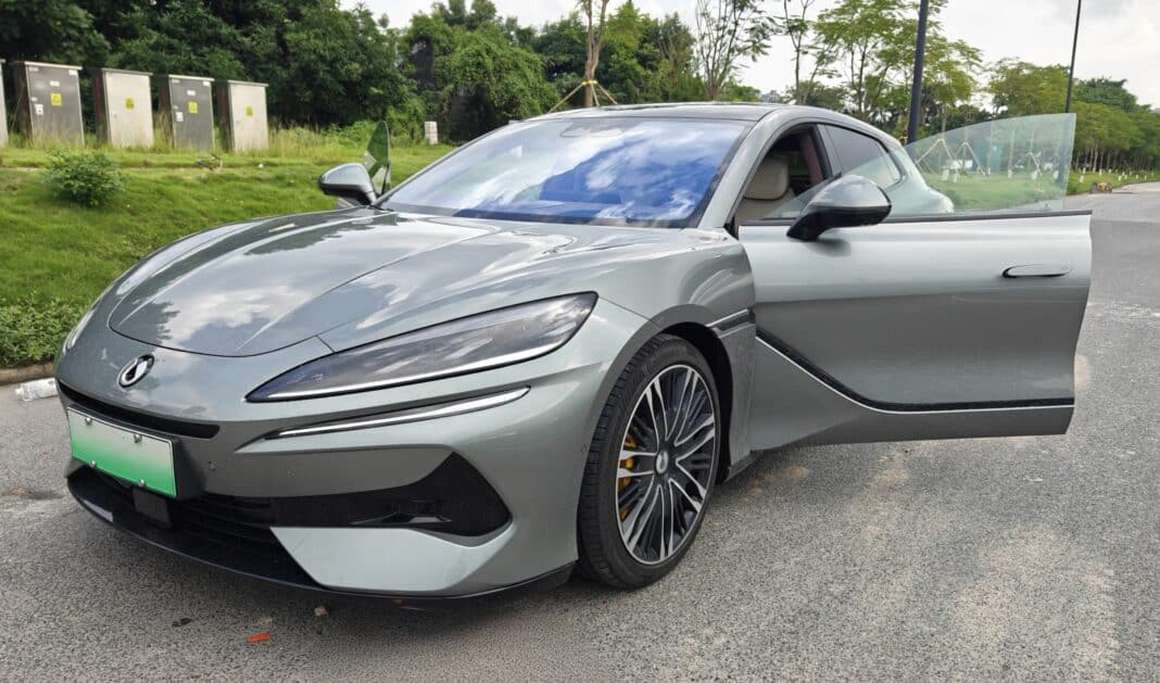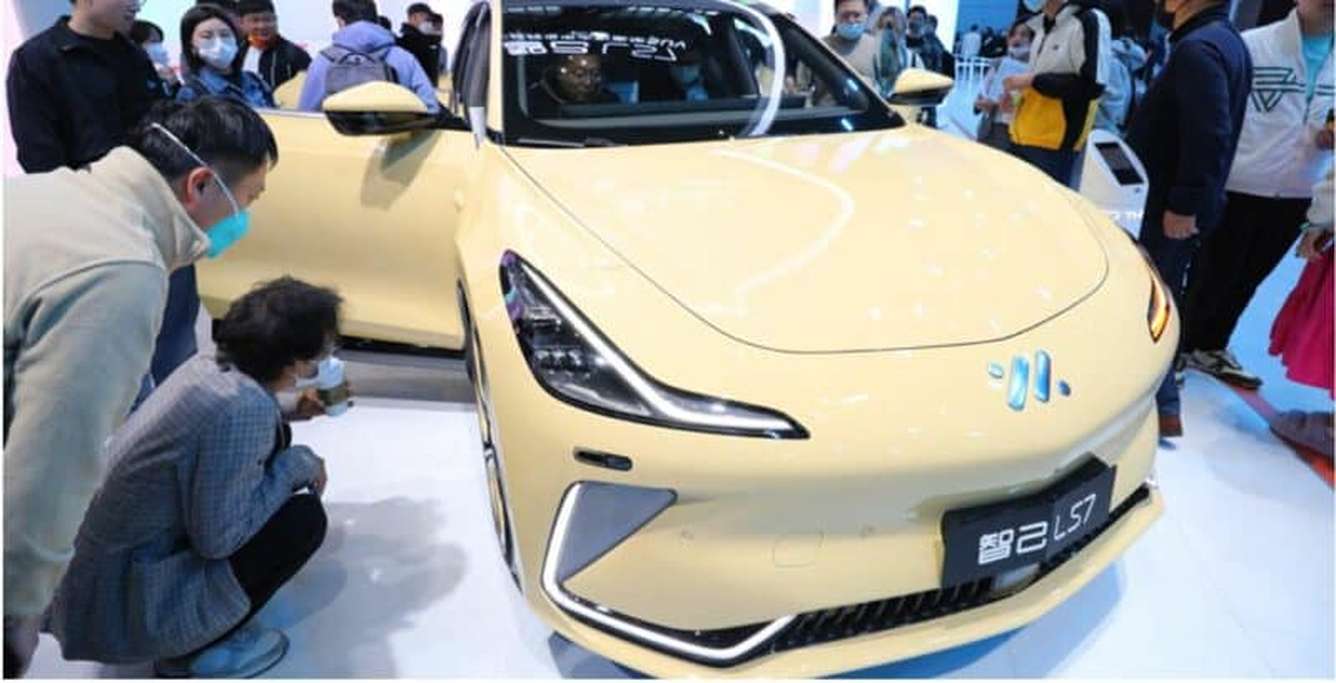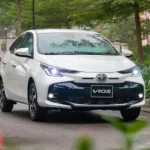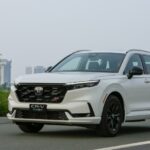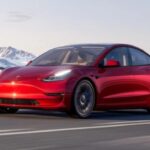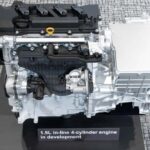Global auto sales from January to August 2024 totaled 58.24 million units, with new energy vehicle (NEV) sales accounting for 9.39 million units, or 16.1% market share.
According to Carsnewchina’s analysis, pure electric vehicles made up 10.4% of total NEV sales, while plug-in hybrids and hybrids accounted for 5.7% and 5.6%, respectively. In the first eight months of 2024, China’s NEV sales held a 67% global market share, with July and August reaching 73%. For the pure electric and plug-in hybrid markets, China’s market share has consistently been at 62% and 77%, respectively.
China’s share of the global pure electric vehicle market has fluctuated, reaching around 60% in 2017-2018, dipping slightly in 2019-2020, and hitting 48% in 2020. It rebounded to 65% in 2022 and settled at 62% in 2023 and the first eight months of 2024.
Leading China’s green energy vehicle sector is the BYD brand. From 2017 to 2021, the company maintained a market share of over 7%, which then increased to 12% in 2022, 17% in 2023, and 18.5% in 2024. Following BYD is the Geely brand, which has grown its market share from 4% in 2019 to 8% in 2024.
In the global plug-in hybrid market, China’s market share ranged from 30% to 50% in 2017-2018 and dropped to 25% in 2020. In 2021, China held a 32% global market share, which increased to 56% in 2022 and 69% in 2023. From January to August 2024, the market share rose to 77%, with the second quarter reaching 78%.
China’s market share of hybrid vehicles increased from 2019 to 2022, dipped in 2023, and recovered in the third quarter of 2024.
The global NEV penetration rate has been on a rapid upward trend, reaching 13% in 2022, 16% in 2023, and a slower start in 2024, with 15% in the first quarter, 18.5% in the second quarter, and 16.9% in the first half. In the first eight months of 2024, China’s NEV penetration rate was 36.4%, followed by Germany at 16%, Norway at 60.6%, the US at 9%, and Japan at 3%.
TT (Tuoitrethudo)
References: Carsnewchina
An Electrifying Choice: 32% of Tesla Owners Opt to Stay Charged
Edmunds, the renowned automotive testing and review organization, has made a startling revelation: a significant number of Tesla owners have made the switch from electric cars back to gasoline-powered vehicles. This unexpected trend has sparked intrigue within the automotive industry, prompting further examination into the factors driving this shift in consumer behavior.

